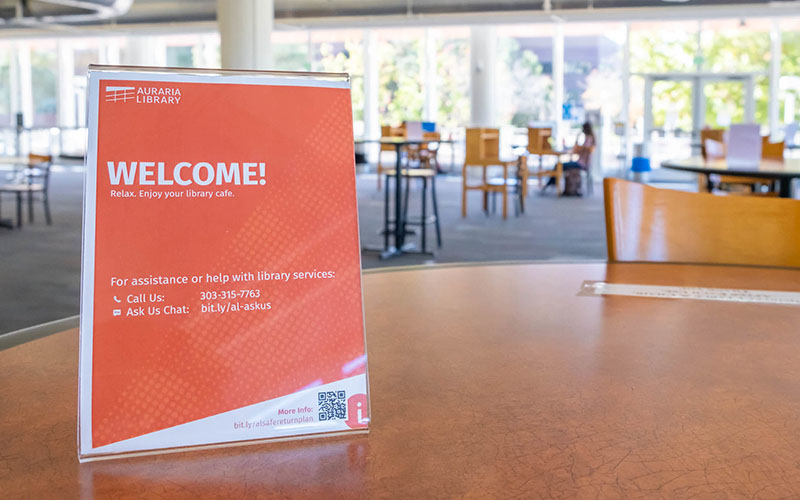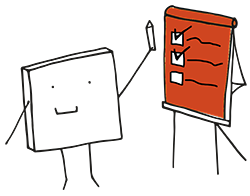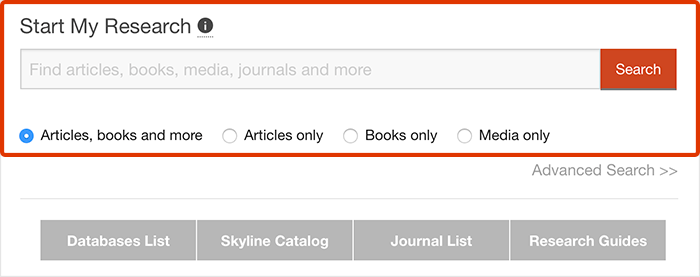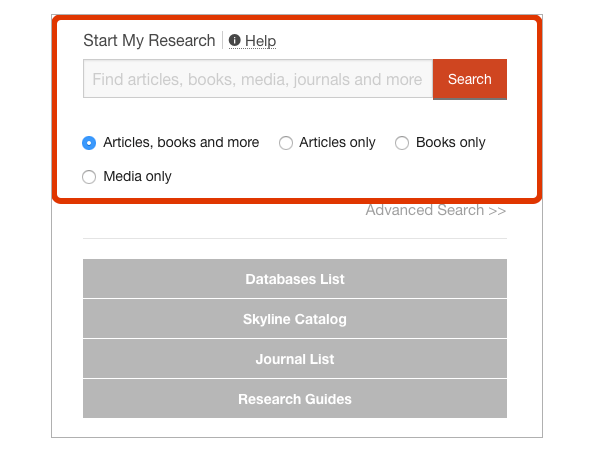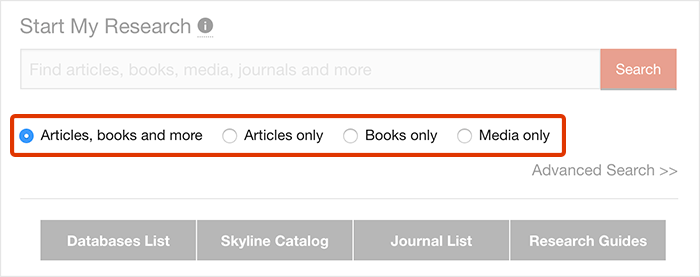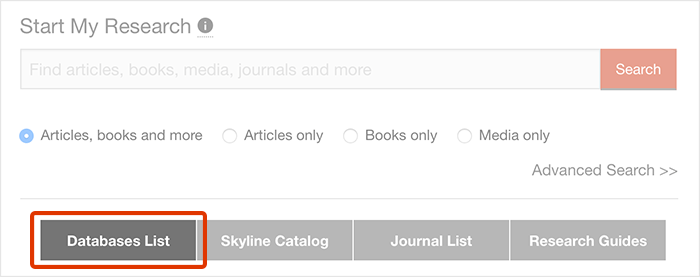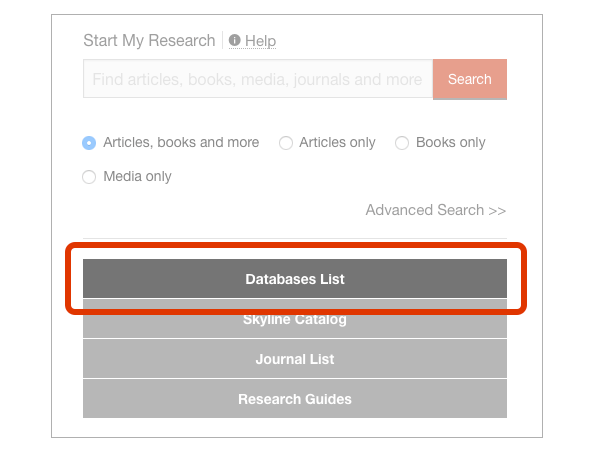Information Literacy
Most of our teaching work focuses on information literacy. Information literacy is a set of interconnected skills and knowledge practices related to the discovery and use of information, the understanding of how knowledge and information are created, and the ethical use of information in the journey to create new knowledge. Learn more about Information Literacy by exploring the Framework for Information Literacy for Higher Education.
Librarians support student learning needs through partnerships with faculty. We work to recognize and honor students’ lived experiences while teaching information literacy.

Instructional Goals
We teach students to:
- Ask questions interactively to deepen their understanding and determine the scope of their research
- Critically engage with the complex and political nature of information and information systems
- Craft and refine search strategies using keyword searching, citation chaining or chasing, and search tool selection
- Evaluate information for relevancy and credibility within the context of its use
- Decide how the context of information use impacts the role and importance of authority and expertise
- Ethically use information in their creation of new knowledge in both academic and everyday life contexts

Things to Consider When Requesting an Instruction Session
Does your course have a research assignment?
- By research assignment, we mean any assignment that has students find, select and use information. If yes, then please make a request. If no, consider either the self-guided online tour or the self-guided in-person tour.
Request Early!
- A request should be placed at least two weeks in advance of your preferred dates. Scheduling is on a first come, first serve basis, so the earlier the better. Please schedule early to secure a date that best fits your students’ needs.
Pick a day when you can attend the session.
- When the course instructor is present along with the librarian, students tend to pay more attention, ask clarifying questions, and engage with the lesson. You will also be able to answer assignment-specific questions that the librarian cannot answer as well as work with the librarian to meet student learning needs as the session unfolds.
Make sure students know why they are meeting a librarian.
- Instruction sessions are most impactful if students are provided information about the assignment before their visit. When students understand the goal of an instruction session with a librarian and how that relates to their learning and classwork, the more invested they are in the library instruction session.
How to Request
To request an information literacy session, please fill out this request form.
Library Orientations
Many instructors would like their students to learn about the library and its services. Our teaching team often cannot provide general overviews of the library for classes that do not have research assignments.
If you would like your students to have library orientations or overviews, please use our self-guided tour. We have an in-person self-guided tour for students taking classes on campus or an online self-guided tour for students taking online only courses. You are welcome to assign these tours as class assignments. If you would like the answer key to help facilitate your discussion of the in-person tour, please email us to request it.
We also have additional videos and other digital learning objects that explain a range of library services which you can add to your course. Explore Asynchronous Online Instruction.
